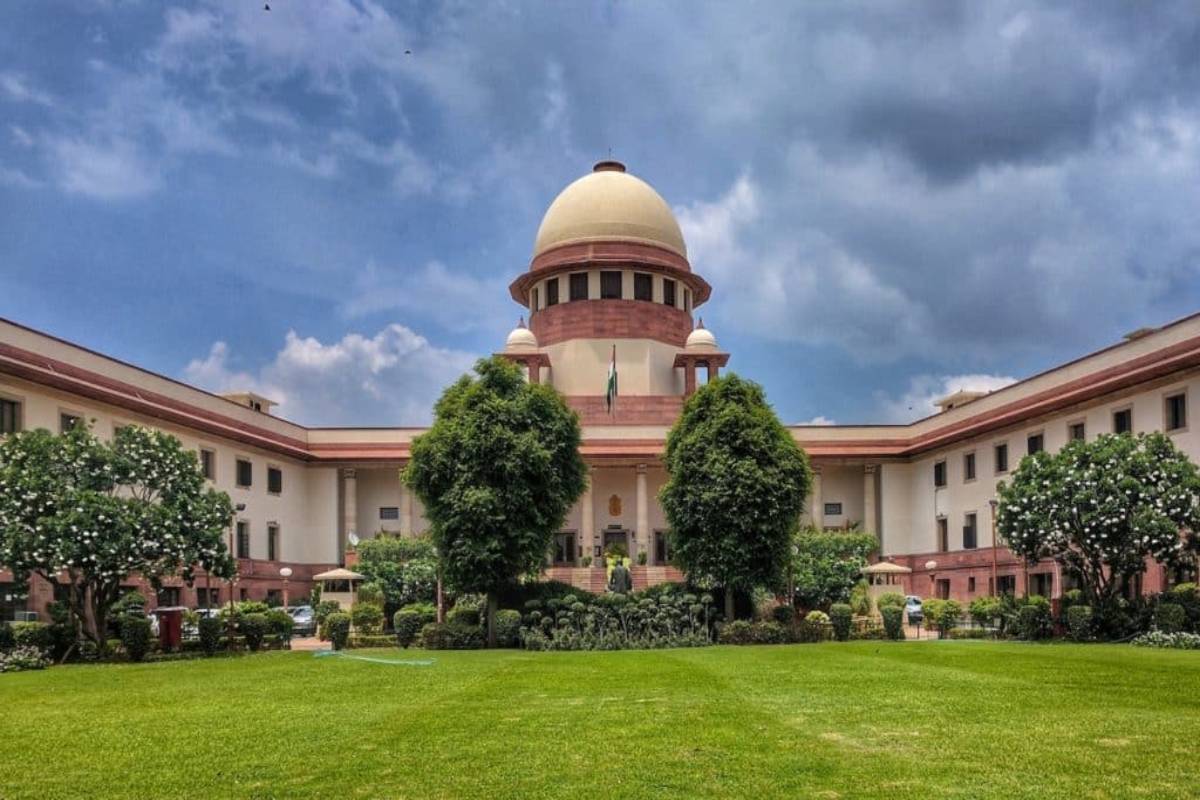Supreme Court Conjugal Rights: The Supreme Court has recently ruled that the proceedings for restitution of conjugal rights and maintenance are distinct and independent. This ruling underscores that a husband must continue paying maintenance to his wife, even if she does not comply with a court order for restitution of conjugal rights.
Restitution of Supreme Court Conjugal Rights
Section 9 of the Hindu Marriage Act, 1955, allows a spouse to seek restitution if the other spouse has withdrawn from their company without reasonable cause. This provision aims to uphold the traditional family structure.
Challenges to Section 9
- 1983: The Andhra Pradesh High Court declared Section 9 unconstitutional, citing its irrelevance in a modern legal framework.
- 1984: The Supreme Court reversed the decision, highlighting the provision’s role in preventing marital discord.
- 2019: Students from Gujarat National Law University filed a Public Interest Litigation (PIL), arguing that Section 9 violates the rights to privacy and equality. This case remains unresolved.
Case Background
In the case at hand:
- The wife left her husband in 2015.
- The husband filed for restitution of conjugal rights in 2018.
- The wife, citing neglect, sought maintenance in 2019.
Maintenance Proceedings
- Family Court Ruling: In 2022, the court directed the wife to return to her husband. However, she did not comply.
- Maintenance Order: Despite her non-compliance, the court awarded her ₹10,000 per month in maintenance, which the husband challenged.
Supreme Court Verdict
The Supreme Court overturned the Jharkhand High Court’s judgment and directed the husband to continue paying maintenance. The Court clarified that a wife’s refusal to comply with a restitution decree does not automatically disqualify her from receiving maintenance.
Legal Implications
This decision emphasizes that courts must evaluate individual circumstances while deciding on maintenance. The Supreme Court also noted that the Jharkhand High Court had overemphasized the findings from the conjugal rights proceedings.
Ongoing Legal Debate
The constitutional validity of Section 9 remains under scrutiny. Critics argue that it enforces outdated gender norms and infringes on fundamental rights like privacy and equality. However, the Centre defends it as a balanced legal tool for addressing marital disputes.




